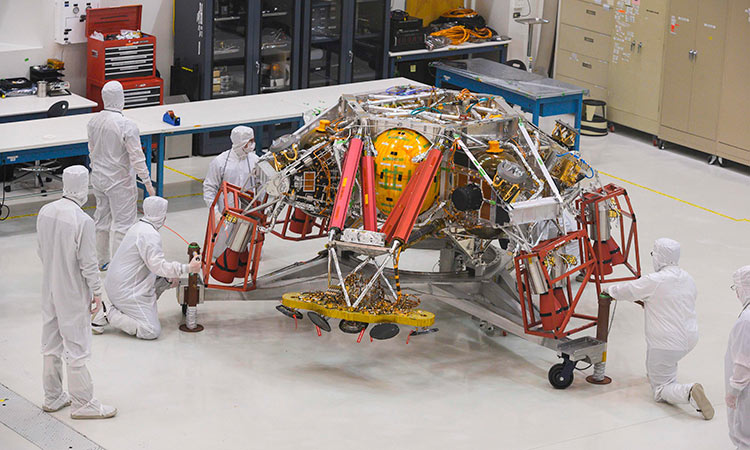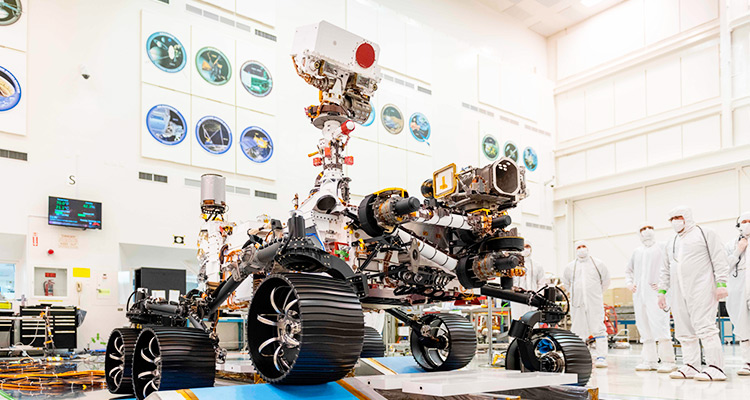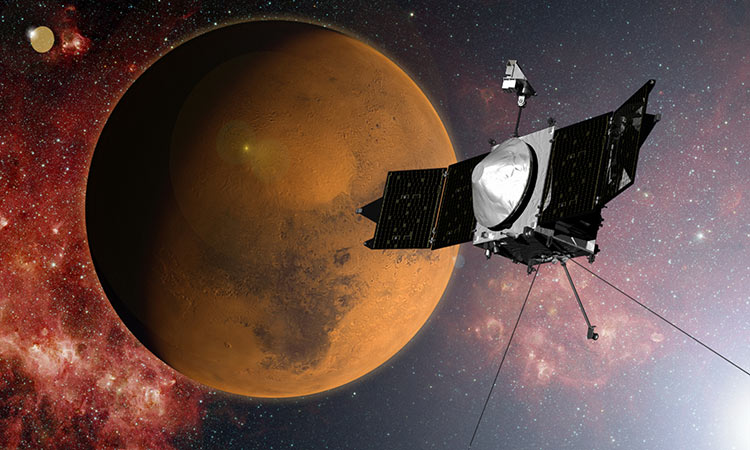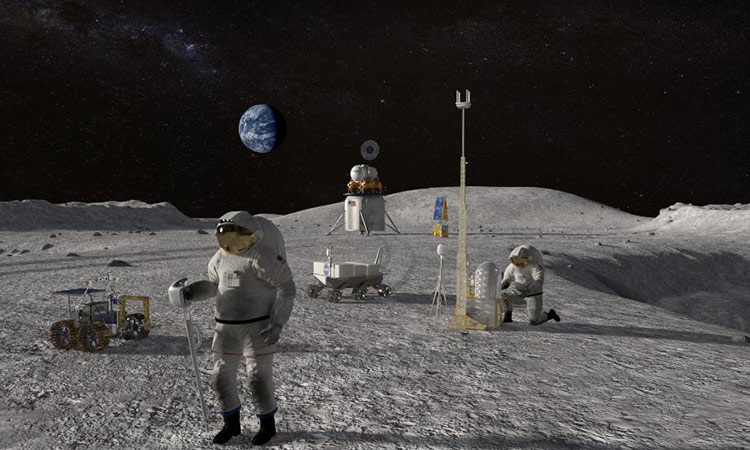Nasa is recruiting men and women for Mars 2037 mission

The photo has been used for illustrative purposes.
Nasa announced that they are looking for a limited number of men and women to live in a three-dimensional printed planet in a simulator before sending humans to the Red Planet by 2037.
The ages of applicants should range between 30 and 55, and they must have a master's degree in science and technology Engineering and mathematics. They have must two years of professional experience and should be administered with corona vaccine.
Nasa said they will hold a simulator to live on Mars for people who will be selected and will have to pass the astronaut simulation on a long-term journey.
Each mission will include four individuals who will live in a habitat called "Mars Dune Alpha" in an area of 1,700 square feet of three-dimensional printed box made by Akkon.
There will also be three general programmes which are hosted in Houston, Texas and four of the crew will share in every insulated period in habitats.
The programme consists of three simulations, the first will be kicked in 2022, with four crew members who will stay for 365 days, completely insulted in phantom habitats on the Red Planet.
The three processes will simulate the mission of Mars, including resource restrictions, equipment disruptions, delays of communications, environmental pressures, walking on space, scientific research, the use of virtual reality and robotic control tools, and communications.
The results will provide important scientific data to validate systems and develop solutions, though participants will not be eligible to go to the Red Planet.
Jason Palader, the founding partner and CEO, said: "This is the biggest simulation on humans so far."
Registration was opened on Friday and applications will be received until 17 September 2021.
Nasa emphasized that the process of building habitats are carried out at the NASA Space Centre in Houston, Texas, and will include workstations, medical facilities and a place for food cultivation, to prepare a report on the space food system, physical, behavioral health and performance results for future space missions.
Grace Douglas, great scientists in food technology research efforts at Johnson Centre said, "This is a rare and unique chance and very important to test solutions to meet the complex needs to live on Mars.”







